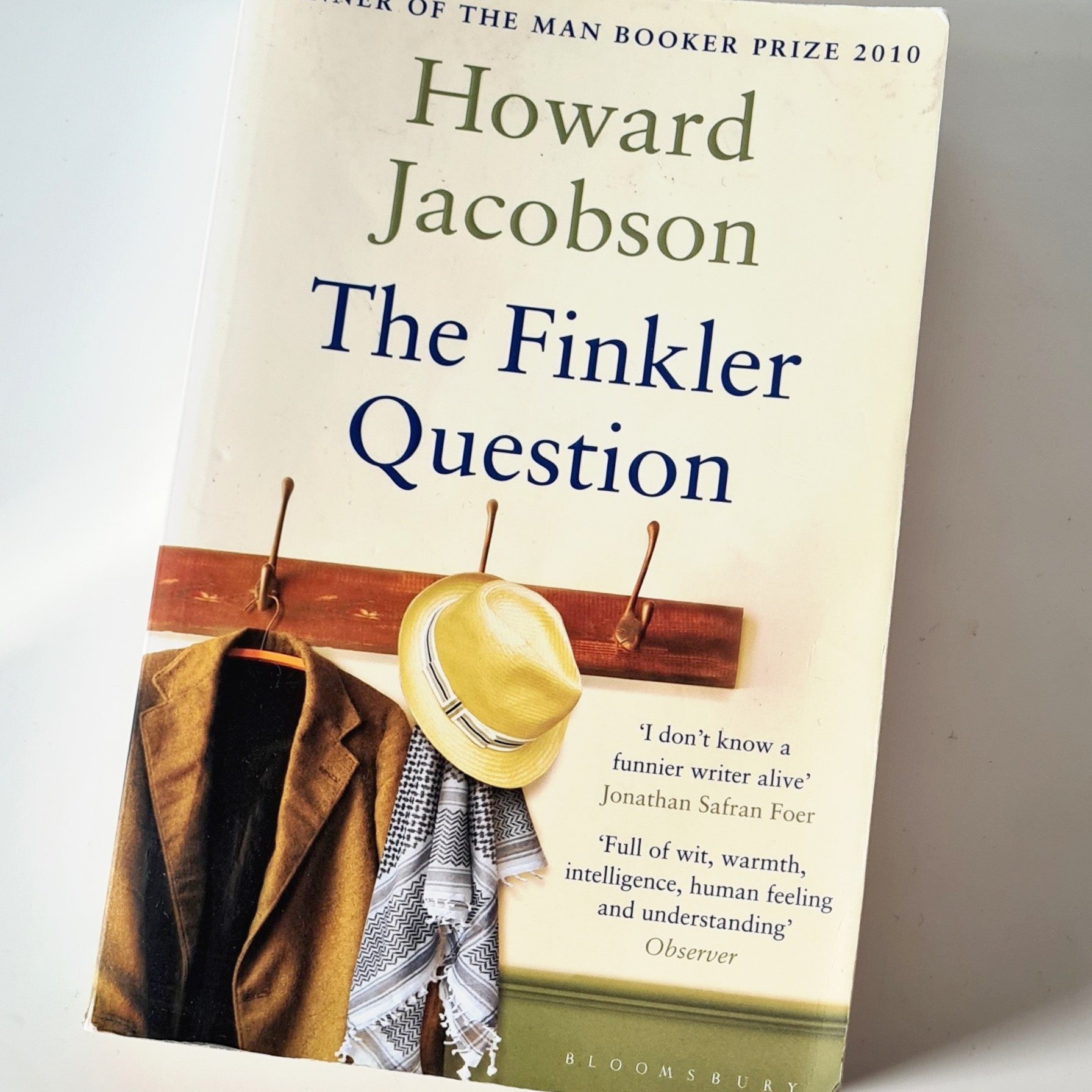
40-31…
40. The Finkler Question, Howard Jacobson (2010) – 7.5
(GoodReads ranking: 59, equivalent score 5.5)
OK, people really hate this one! I can see why. It’s packed with unpleasant characters, has a generally odd tone (dealing with complex issues via “comedy”) and its reflections on race can certainly make for uncomfortable reading. I did actually find it a genuinely thought-provoking read though, if not actively “enjoyable”.
39. The English Patient, Michael Ondaatje– 7.5
(GoodReads ranking: 25, equivalent score 7.5)
The source material (of course) for a much-loved movie, I found it a bit of a game of two halves. Some of it was extremely engaging, and some passed me by. It’s definitely worth a read but I enjoyed its 1992 co-winner Sacred Hunger considerably more.
38. Vernon God Little, DBC Pierre (2003) – 7.5
(GoodReads ranking: 42, equivalent score 7)
One of the more “topical” Booker winners in terms of subject matter, aspects of it do feel a little bit dated as a result. But I enjoyed the unique voice of the narrator and the excursion to North America in an era where the US rarely featured in the world of the Booker (prior to the 2010s rule shift).
37. The Seven Moons of Maali Almeida, Shehan Karunatilaka (2022) - 7.5
(GoodReads ranking: 14, equivalent score 8)
A dead man races to solve the mystery of his own death against the backdrop of turmoil in late 80s Sri Lanka. This year’s winner was actually (narrowly) my least favourite after a read-through of the very strong and varied shortlist. It’s still a very worthy winner though - undeniably rich and ambitious, blending fantasy. history and even humour in a unique way.
36. The Siege of Krishnapur, J. G. Farrell (1973) – 8
(GoodReads ranking: 18, equivalent score 8)
Cracking historical storytelling and a bunch of genuinely memorable characters make this one of the first really really good winners, though Farrell’s Troubles (belatedly awarded the 1970 award) is more interesting, for my money.
35. The Sea, John Banville (2005) – 8
(GoodReads ranking: 48, equivalent score 7)
A subtle, understated novel that draws you in slowly. Something of a rarity in an era where Booker winners tended to go big and “issuesy” – and a surprise winner against a strong shortlist as a result.
34. The Luminaries, Eleanor Catton (2013) - 8
(GoodReads ranking: 35, equivalent score 7.5)
Speaking of going “big” – a huge novel, heavily structured around the zodiac and set in the New Zealand gold rush. Despite sometimes feeling bogged down by its overwrought structuralism, there’s some cracking storytelling on display here, alongside some brilliant characters (especially the women).
33. Saville, David Storey (1976) – 8
(GoodReads ranking: 50, equivalent score 7)
Another relative rarity in the Booker winning canon – certainly the early years – in the shape of a novel that feels authentically and purposefully working class. It’s not without its cliches but I found a lot to enjoy and relate to here.
32. The Sellout, Paul Beatty (2016) – 8
(GoodReads ranking: 32, equivalent score 7.5)
A highly unusual and some (but not Beatty) might say satirical novel about a black man who reintroduces slavery and segregation in his US suburban town which has recently been wiped off the map. You’ve got to at least give this one a go, right?
31. Milkman, Anna Burns (2018) – 8
(GoodReads ranking: 48, equivalent score 7)
AKA the one with no character names. A somewhat tough-going first-person narrative set in Troubles-era Northern Ireland, it’s nonetheless a rewarding and unique read.










